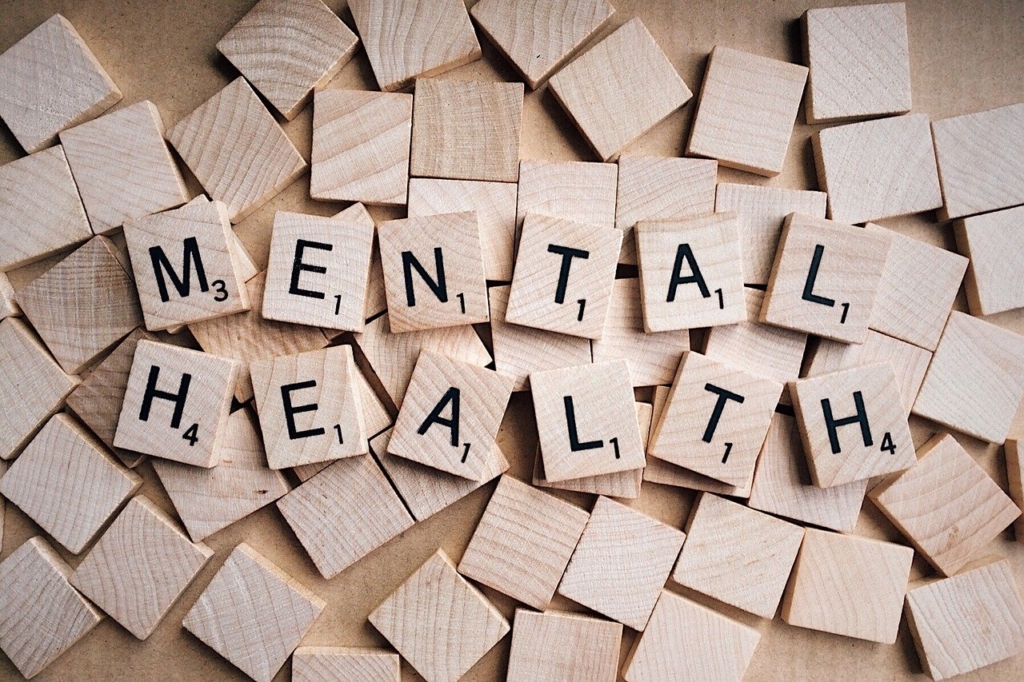 Mental illness is not taken seriously for a long time. Most families and close friends fail to notice the signs as it develops gradually. With time people begin to see slight changes, but still, they don’t take action. If you learn about the progressive development of the disease, you can identify it at an earlier stage and intervene before it’s too late. Every significant change in a person’s behavior needs evaluation that and monitoring. Diagnosis of mental health takes time there for you to be keen and follow up with the victim. Below are the warning signs that someone may have a mental disorder:
Mental illness is not taken seriously for a long time. Most families and close friends fail to notice the signs as it develops gradually. With time people begin to see slight changes, but still, they don’t take action. If you learn about the progressive development of the disease, you can identify it at an earlier stage and intervene before it’s too late. Every significant change in a person’s behavior needs evaluation that and monitoring. Diagnosis of mental health takes time there for you to be keen and follow up with the victim. Below are the warning signs that someone may have a mental disorder:
Table of Contents
1. Emotional out Burst
When you notice a sudden change in the mood, you need to intervene and find out what is bothering them. Again, when someone has extreme anger, there is an underlying issue that needs to be solved. Encourage the patient to talk because through talking, they can learn to share out their problems.
2. Lack of Sleep
Changes in a person’s sleep pattern can be a sign of mental illness. When a person has insomnia, there could be an underlying condition such as anxiety or substance abuse. Again, if a person is sleeping lee or sleeping too much, they could suffer from depression. To help, you can reach out to sites like https://www.healthmint.com.au/ to find out what they have to offer in terms of mental health. Remember, not every condition requires a doctor; some need reassurance from the loved ones and sharing issues.
3. Withdrawn and Quite
Some people tend to withdraw from life and become lone rangers, so you need to look out for them. Again, if someone is isolating themselves regularly, they may have bipolar disorder or even depression. Let’s avoid neglecting people who separate themselves, reasoning that they need some time alone. Instead, you can gang up to provide psychological support to improve mental health.
4. Guilt Trap and Worthlessness
Individuals struggling with mental health challenges often engage in harsh self-criticism and experience deep feelings of guilt or worthlessness. When these signs appear-particularly in children or adolescents, it’s important to seek professional support, such as child therapy new braunfels, where emotional concerns can be addressed in a safe, age-appropriate environment. Be especially mindful of those who frequently blame themselves or minimize their own value. If left unaddressed, persistent self-blame and feelings of worthlessness can escalate over time and may increase the risk of serious mental health concerns, including suicidal thoughts.
5. Anxiety
Getting worried from time to time is normal, but anxiety could be mean that someone is suffering from mental health. To confirm these feelings, you need to pay keen attention to the patient for a substantial time. If someone is constantly worried and the worry interferes with their routine, you need to intervene to find out what is happening. Apart from being worried, it will help if you look out for headaches, shortness of breath, and even dizziness.
Fluctuation of weight may also be a sign of mental illness though it needs an expert to diagnose. You can always check on sites like healthmint.com.au/ to find out about mental health and how to handle it.


